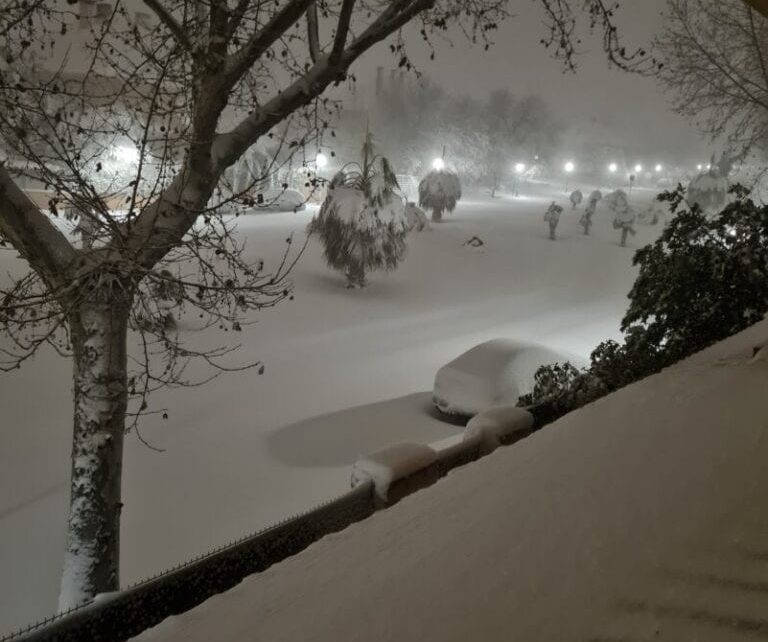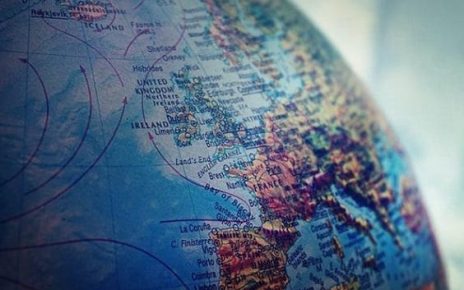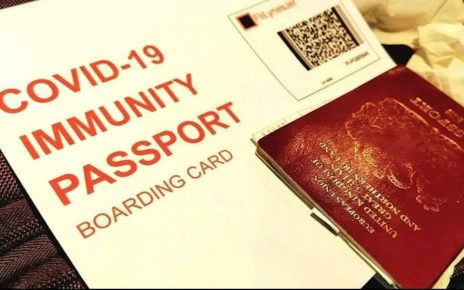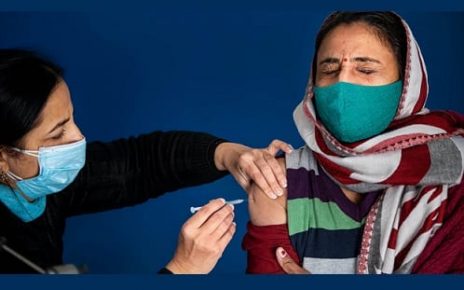Spain is suffering the effects of a major snowstorm by the name of Filomena, bringing record-breaking low temperatures and mountains of snow. And the worst day is yet to come say meterologists. Through it all, it is the efforts of ordinary people that are getting the country through this winter calamity.
Castilla-La Mancha, Madrid, Castilla y León, and Aragón remain on red alert for low temperatures affecting 41 provinces in the country as the Spain snowstorm that goes by the name Filomena has come to stay for a few days. The lowest temperature has been recorded at -25.4 C in the Turolian town of Bello.
Healthcare workers in Madrid have gone to extreme lengths – some walking for hours – to relieve their exhausted colleagues after this snowstorm left Spain with the double catastrophe of a deadly storm and the coronavirus pandemic. New infections in Spain within the last 24 hours totaled 6,162 cases.
Storm Filomena hit Spain on Friday, January 8 bringing life in Madrid to a standstill as the city experienced its heaviest snowfall in 50 years and left thousands trapped in their cars, some for as long as 12 hours without food and water.
In Madrid’s hospitals, already stretched by a coronavirus caseload that ranks among the highest in the county, weary staff scrambled to cope. Healthcare workers doubled and tripled their shifts for colleagues who were unable to make it in, while one hospital turned its gym into a makeshift dormitory for workers who could not get home.
With roads blocked and commuter trains canceled, nursing assistant Raúl Alcojor walked 14 kilometers to make it to his shift at a hospital on the outskirts of the city. “Morally I couldn’t stay at home,” he said, citing colleagues that had been working for more than 24 hours.
The trip took him 2 hours and 28 minutes, complicated by the many fallen trees and snow that at times was 40 centimeters deep. “I told myself, ‘go for it,’” Alcojor told a Cadena Ser broadcaster. “If I get there, I’m there. If I don’t make it, I’ll turn around.”
Another story of a medical resident who traveled 17 kilometers to get to work – a journey he described as “sheer snow,” prompted praise from the country’s Health Minister on Sunday. “The commitment being shown by health workers is an example of solidarity and dedication,” tweeted Salvador Illa.
Others had the same idea. One nurse shared her story as she made the 20-kilometer journey to her hospital on foot while a video posted on social media showed 2 nurses walking 22 kilometers to reach Madrid’s 12 de Octubre hospital.
Meteorologists are predicting the worst day is still yet to come, arriving today. This big freeze will keep the huge amount of snow that has been dumped on the ground for many days.
On Sunday, the country slowly shoveled its way out of the storm, with volunteers using everything from frying pans to brooms to clear streets and hospital entrances.
Many private volunteers tirelessly helped out all over the city. Owners of four-wheel drive cars and SUVs – the only vehicles that can traverse snow and ice – are bringing medical staff to hospitals and helping out where urgent transport is needed.
Supermarkets experienced a repeat of the scenes of March due to COVID, with shelves sitting empty as people stocked up on basic goods and toilet paper. Stores are expected to be restocked again soon.
About 90 workers and shoppers remained trapped in a shopping center near Madrid and were forced to spend the past 2 days there after the snowstorm buried their cars and curtailed transit options.
Madrid’s Mayor, Fernando Grande-Marlaska, urged people to stay off the roads. “The storm is bringing with it a cold wave that could push temperatures down to record levels.”
However, there were many people on yesterday who had to go to work. The METRO was the only transport system that was functioning and was terribly overcrowded. This is not a good situation to be in during these times of the COVID pandemic.
In addition to the danger posed by these temperatures, Spanish people are not prepared for such intense night frosts and an extreme cold daytime environment. Many houses do not have heating that can withstand this level of cold.
The town hall has cited significant damage to agriculture, damage of fallen trees on public and private vehicles, and many homeowners in rural aeras dealing with broken pipes and roofs. On the roads and at service stations, thousands of trucks are still trapped.
A police officer on his way home got trapped in a tunnel together with more than 200 drivers on Friday afternoon on the M-30 tunnel towards Valencia. He argued with the M-30 highway operator who was calling on the radio to urgently evacuate all the cars from the tunnel. The officer argued that the tunnel was the safest place for cars in a heavy snowstorm. As he tried to convince the highway authorities, he was approached by an ambulance doctor who supported his argument that the cars would be most protected inside the tunnel during the heavy snowstorm. Eventually, he managed to keep the cars sheltered inside the tunnel.
Both the officer and highway authority informed their superiors of the emergency situation and organized a care service for all car occupants along with a doctor and nurse. As most of the cars had their engines on, the tunnel ventilation systems needed to be operated every 5 minutes to avoid severe problems of carbon monoxide build up. Firefighters brought water and thermal and cloth blankets.
At dawn the next morning, the police officer who had boots and mountain clothes in his trunk, took an emergency exit and walked all the way to the Alcampo de Moratalaz shopping mall. His hope was to find someone in the mall that could provide food and drinks for the people who had spent the whole in in their cars in the tunnel imprisoned by the snowfall.
It is the extraordinary acts of ordinary people that pulls humanity through a crisis.




